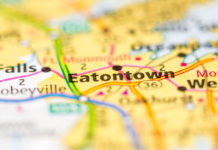Transitional Living communities are an alternative type of housing that provides a variety of supportive services and programs to individuals with disabilities in their life. Many of the services are provided by non-profit organizations. A number of the facilities are community oriented and offer services for senior citizens and children. One of the most common programs offered by these facilities are individual or family recreation job training and life skills development. These facilities are generally located in metropolitan areas. Most of them provide a variety of services in addition to housing options.
Transitional living centers usually refer to residential transitional or assisted living facilities. These are community-based homes designed for people who require more specialized services. A major benefit to these facilities is the provision of assistance in the home for individuals with disabilities including medical care and basic maintenance. Community care programs and services also assist the individual in integrating into the community by helping him maintain a good work history and by providing community interaction. Transitional living centers also provide educational vocational and recreational programs to the residents especially during the early years of employment and/or at college graduation.
Transition living communities have different types. The most common are apartments single family homes mobile homes co-ops and condominiums. Some of the facilities include housing for people with developmental disabilities. Transitional living homes are not suitable for all people with disabilities. The center will determine this according to the needs and the abilities of the individuals with disabilities and their families. There are many advantages to living in a transitional community including the opportunity to live independently while receiving support from family and friends.











